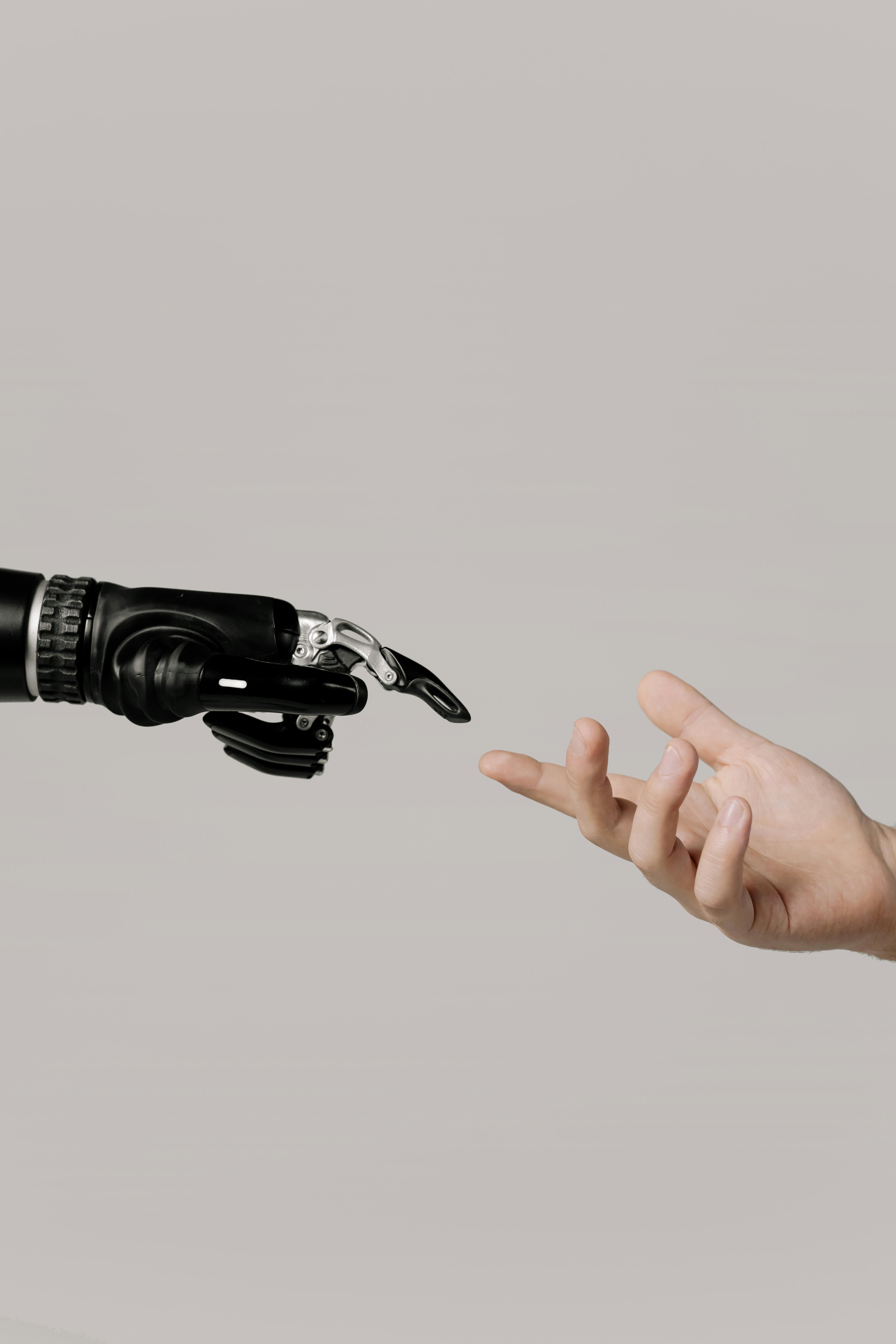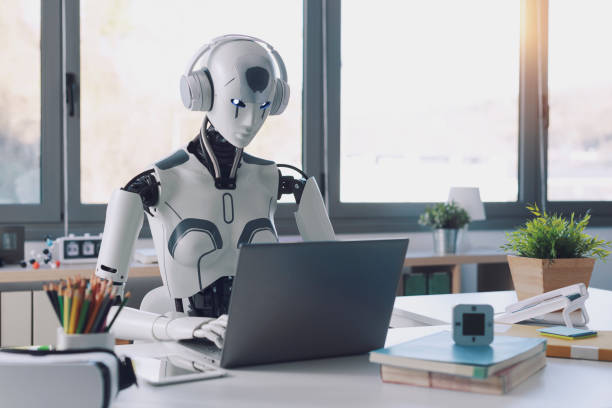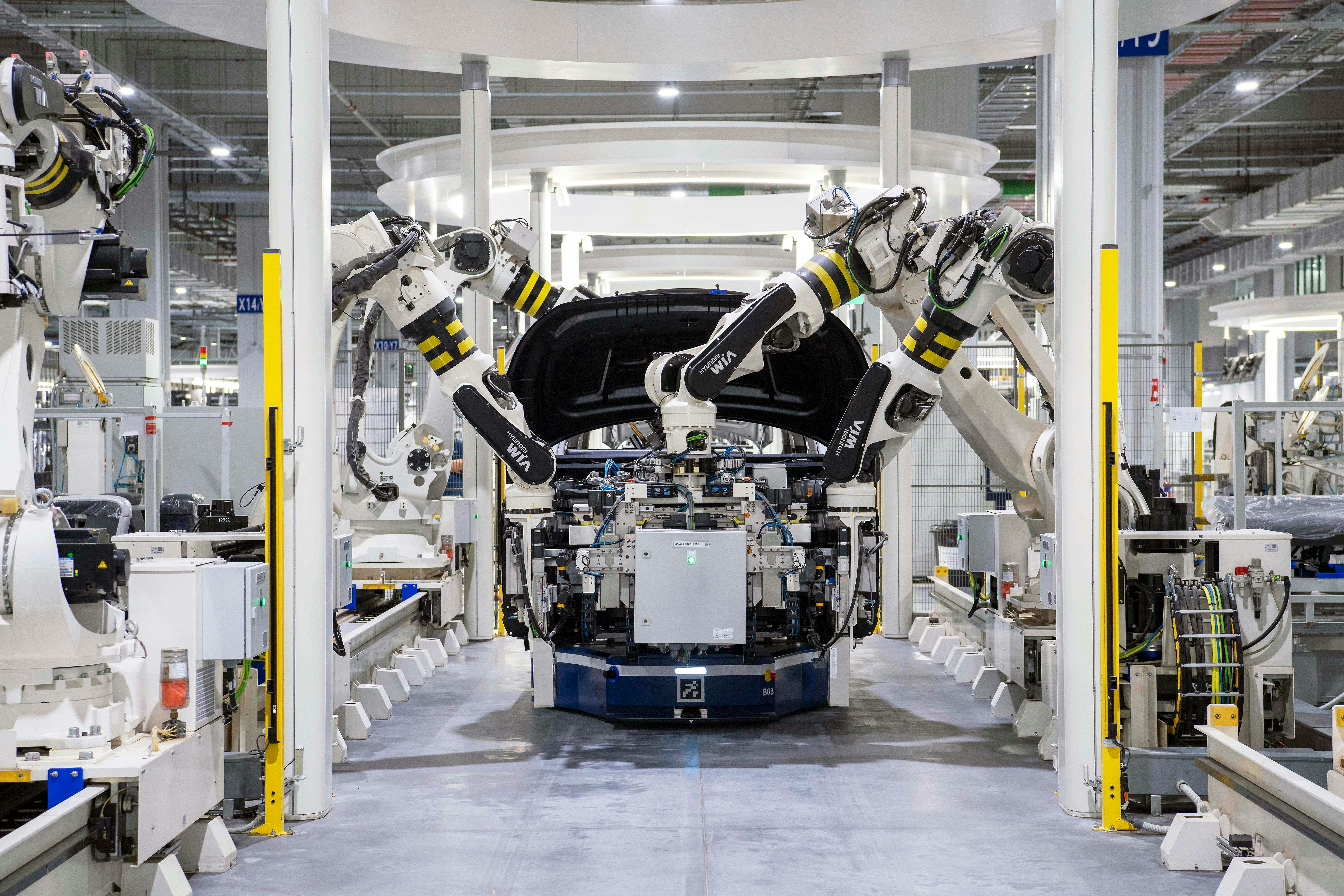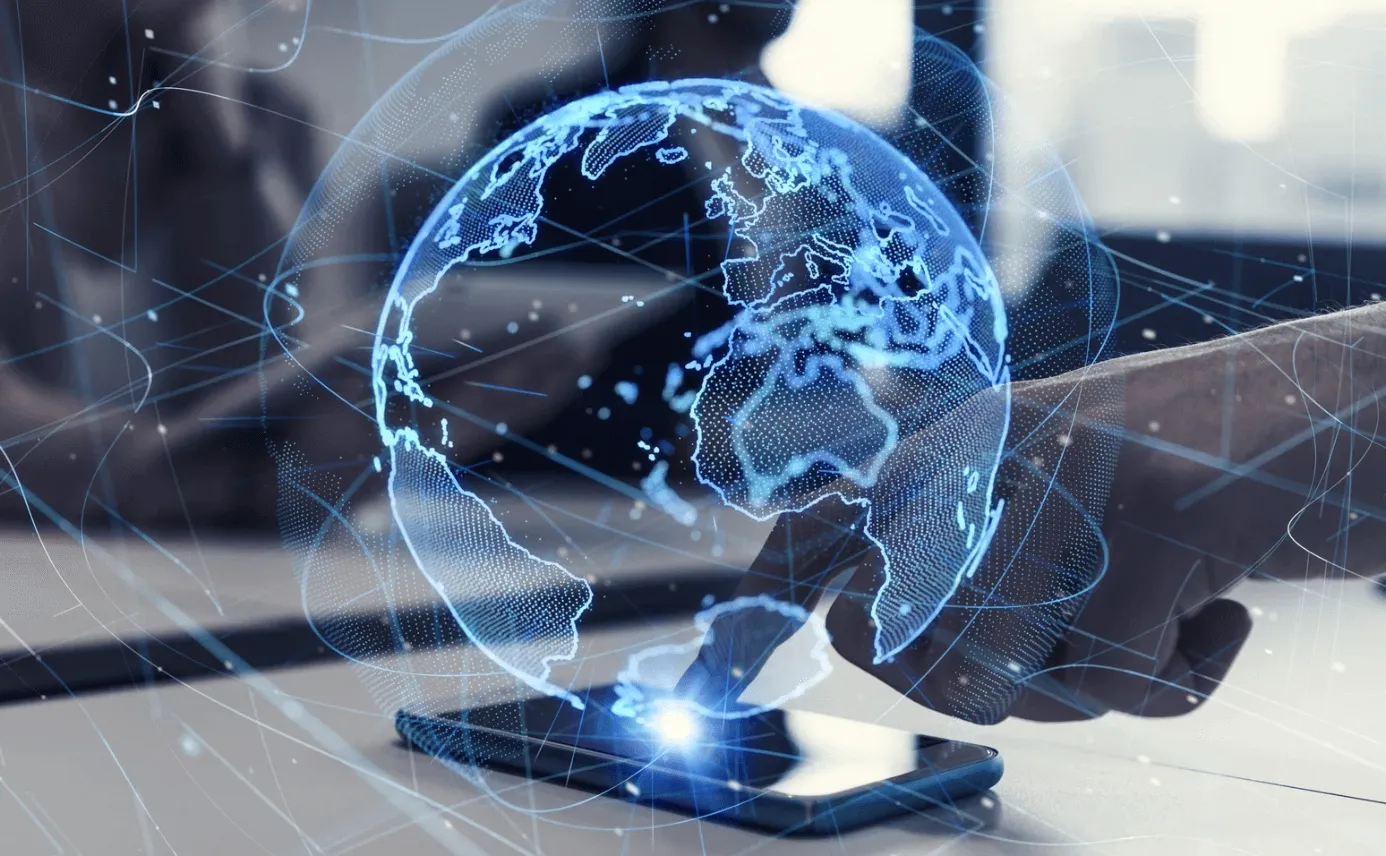
The Next Evolution: Will Humans Evolve Into AI?
We like to think evolution is slow. Germs evolve overnight; humans, we’re told, take millennia. But take a step back, sip your overpriced oat milk latte, and think about it: we’ve already evolved from primordial soup to smartphones in just a few million years. And now, something strange is happening—our next evolutionary leap might not be about mutations or survival of the fittest. It might be about code. Algorithms. Artificial Intelligence.
Welcome to the age of post-human evolution, where the lines between meat and machine, neurons and neural networks, thought and algorithm, are blurring. This is your front-row seat to humanity’s strange new chapter—and yes, contenthub.Guru is here to guide you through it, raw and unfiltered.
From Germs to Gadgets: A Quick History
Let’s start at the beginning because it’s always fun to remind ourselves how far we’ve come. Life, as we know it, kicked off with single-celled organisms—simple, squishy, microscopic critters that didn’t care about philosophy, TikTok, or existential dread. Germs didn’t have to; they had evolution on lock. Fast-forward billions of years, and humans appear: upright, opposable thumbs, and a ridiculous penchant for making things unnecessarily complicated.
Our evolution didn’t stop there. We went from stone tools to fire, from fire to the printing press, and from the printing press to the internet. Each leap wasn’t just biological; it was technological. As Marshall McLuhan said, “We shape our tools, and thereafter our tools shape us.” And now, our “tools” are thinking, learning, adapting machines—AI.
Humans 2.0: Are We Becoming AI?
Here’s where it gets spicy. Evolution isn’t just about DNA anymore. Richard Dawkins, in The Selfish Gene, might have celebrated this: memes, cultural transmission, digital footprints—they’re all forms of replication. Except now, AI algorithms can replicate, learn, and optimize faster than we can blink.
We interact with AI daily: Siri suggests, TikTok predicts, ChatGPT converses. The question is, how much of us is still human when our cognitive processes are intertwined with artificial systems?
Take Elon Musk’s Neuralink. He isn’t just selling us brain chips; he’s pitching a future where human cognition can sync with AI, enhancing memory, processing speed, and maybe even creativity. Philosophers like Nick Bostrom warn of “superintelligence” scenarios where AI surpasses human cognition. It’s thrilling and terrifying in equal measure—like skydiving without a parachute, but with a VR headset that makes it feel like you’re safe.
Are We Already Part AI?
Consider this: your smartphone knows more about you than your best friend does. It predicts your next purchase, your next move, maybe even your next heartbreak. Every notification, every swipe, every algorithmic recommendation subtly tweaks your behavior. If evolution is about adaptation to your environment, aren’t we already adapting to AI?
Even our biology seems to be syncing. The field of biohacking is booming: implants, sensors, gene editing, wearable tech that literally augments human performance. Humanity might not literally turn into AI, but we’re increasingly inseparable from it. Our consciousness, decisions, and even identities are starting to co-evolve with artificial systems.
Philosophers and Futurists Weigh In
Let’s get a bit cerebral. The French philosopher Paul Virilio warned of dromology—the logic of speed. His idea? Speed changes society faster than biology can keep up. AI is exactly that—information and intelligence moving faster than our human wiring.
Yuval Noah Harari, in Homo Deus, argues we could become “data gods”—entities whose worth is measured in algorithmic predictability rather than raw biological fitness. Essentially, your social credit, digital footprint, and cognitive capabilities might one day define your evolutionary “success.”
And don’t forget the classic thinkers. Nietzsche would have called AI the “Übermensch,” a next step beyond humans, albeit silicon-based. Heidegger might’ve mused on our “being” with AI as a form of existential crisis—a technological ontological shift.
Interesting Fact:
Did you know the octopus has more neurons in its arms than a cat has in its entire brain? While we marvel at that, AI is evolving neural networks that can outperform both humans and octopuses in pattern recognition and problem-solving. Mother Nature might have been our first teacher, but AI is becoming our next peer—or our successor.
How This “Evolution” Might Look
So, what does the future of post-human evolution actually look like? A few possibilities:
-
Cognitive Augmentation: Brain-computer interfaces enhance memory, speed, and intelligence. Forget cramming for exams; your Neuralink implant does it for you.
-
Emotional AI: Machines that predict, guide, or manipulate human emotion, potentially creating an emotional co-evolution between humans and AI.
-
Digital Consciousness: Philosophers like David Chalmers speculate we might eventually upload consciousness into digital frameworks—achieving a form of immortality.
-
Genetic-AI Hybridization: With CRISPR, bioengineering, and AI-driven diagnostics, our bodies might evolve in tandem with algorithms that optimize our health, longevity, and physical abilities.
Real Talk: Risks and Rewards
Before you get too starry-eyed, let’s keep it grounded. Before you get too starry-eyed, let’s keep it grounded. AI evolution is not without peril. Surveillance, algorithmic bias, and ethical ambiguity loom large. If we let AI dictate human evolution—or even just heavily influence it—we might lose some of the randomness and serendipity that make life, well, human.
Tip: Balance your digital footprint. Engage with AI thoughtfully, not passively. Maintain offline hobbies, human interaction, and critical thinking. Your neurons are still your neurons—don’t let them become just another dataset.
How to Evolve Alongside AI
Q: Will humans actually become AI?
A: Not literally. Evolutionarily, we’re likely to integrate AI into our cognition and daily life, creating hybrid systems of intelligence rather than full conversion.
Learn AI literacy: Understand what AI can and cannot do. Platforms like contenthub.Guru provide accessible guides for non-techies.
Integrate, don’t outsource: Use AI to enhance productivity, creativity, and learning—but don’t let it replace critical thought.
Maintain your humanity: Emotional intelligence, ethics, and human intuition are the last bastions of natural evolution.
Experiment safely: Biohacking, nootropics, or digital augmentation—do your research, start small, and understand risks.
Reflect on purpose: Philosophers from Socrates to Harari would nod—self-awareness may be the final frontier of evolution, not code.
Final Thoughts
Humans didn’t evolve from apes to iPhones in one step. We evolved through curiosity, error, adaptation, and connection. AI is just the next catalyst in a long chain of evolution. Whether we become cyborg philosophers, digital gods, or just humans who scroll TikTok for a few more hours before bed, one thing is certain: evolution never stops.
As contenthub.Guru readers, you’re not just watching this unfold—you’re part of it. Engage, learn, experiment, question. Evolution is messy, raw, and fascinating, and our next chapter might just be the most surreal yet.
Because at the end of the day, the only certainty in evolution is change—and AI is here to rewrite the playbook.
Suggested for You

The Evolution of AI: What's Next in 2025 and Beyond
Reading Time: 7 min
Explore the latest developments in AI, philosophical perspectives, and what the future holds for art...
Read More →
The Next Life: Machines Building Machines and the Dawn of a Post-Human Era
Reading Time: 7 min
Explore the evolution of a world where machines build machines. From AI pioneers to cultural shifts,...
Read More →
The Next Frontier: Navigating the Evolution of the Internet
Reading Time: 7 min
Explore the future of the internet, from AI advancements to digital transformation, and how it's res...
Read More →.jpg?alt=media&token=eee8c90a-78da-4e81-9501-45f53adb6eb3)
Meta’s New Smart Glasses: Ray-Ban Display, Oakley Vanguard & the Birth of “Personal Superintelligence”
Reading Time: 7 min
Meta launches its first smart glasses with built-in display and neural wristband. Celebrating design...
Read More →
Comments